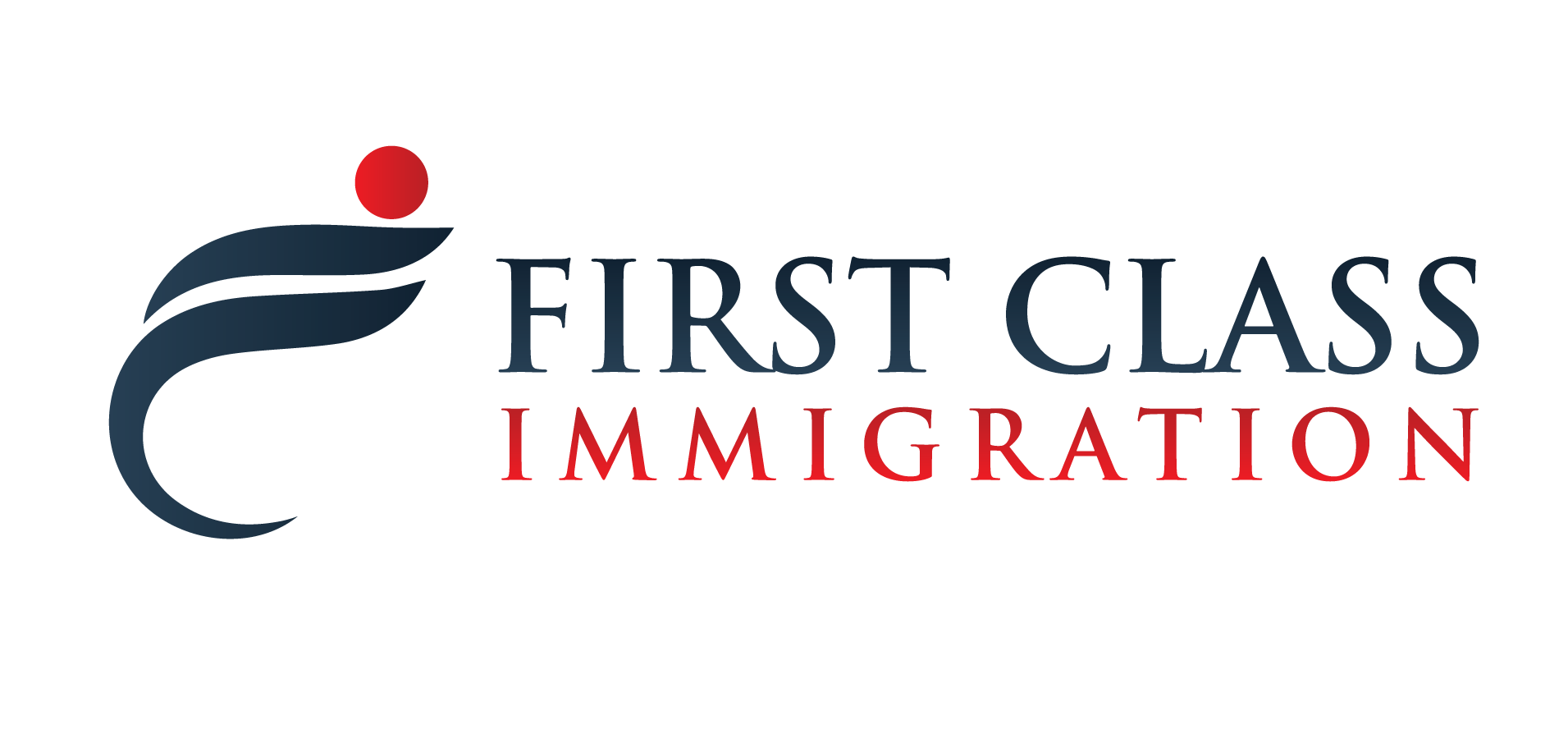U.S. Introduces Visa Bond Requirement for Zambian Visitors: What You Should Know
Overview
On August 5, 2025, the U.S. Department of State issued a Temporary Final Rule establishing a 12-month pilot program requiring certain B-1 (business) and B-2 (tourist) visa applicants to post a refundable bond as a condition of visa issuance. The program officially begins on August 20, 2025, and initially targets applicants from Malawi and Zambia.(federalregister.gov, nafsa.org, reuters.com)
Why Zambia Was Targeted
Zambia was selected based on criteria including:
Elevated B-1/B-2 visa overstay rates from the DHS FY 2023 Overstay Report
Concerns over limited screening and vetting institutions
Citizenship-by-Investment (CBI) programs that potentially reduce personal vetting opportunities
Bond Amounts & Determination
Consular officers may require bonds of $5,000, $10,000 (standard), or $15,000, assessed during the visa interview based on the applicant’s circumstances (e.g., financial situation, U.S. ties).
Application & Payment Workflow
Applicants from Zambia attend the visa interview as usual.
If selected for the pilot, a consular officer notifies them of the bond requirement under INA §221(g)(3) and issues a 221(g) notice.
The applicant (or sponsor) must post the bond via Pay.gov (Form I-352) within 30 days of the interview.
Visa Restrictions & Validity
Visas issued under the pilot are single-entry and valid for three months from issuance.
Entry is limited to 30 days per visit.
Entry and departure must be made through one of three designated airports: Boston Logan (BOS), JFK New York, or Washington Dulles (IAD).
Bond Cancellation (Refund)
Applicants will receive a refund if they comply by:
Departing the U.S. before visa expiration
Not entering the U.S. despite visa issuance
Being deemed inadmissible at entry
Or by requesting bond cancellation through a consular appointment abroad
Breach of Bond
If the applicant overstays, violates visa terms, or fails to comply with entry/exit conditions, the bond is forfeited. DHS determines final breach.
Scope, Costs & Scale
The pilot runs until August 5, 2026.
The Department anticipates ~2,000 applicants total across both Malawi and Zambia, with an average bond of $10,000, representing up to $20 million held in escrow.
Applicants incur about 2.5 hours of administrative burden plus fees for posting the bond.
Frequently Asked Questions
Does this apply to every Zambian applying for a B-1/B-2 visa?
No. The vast majority of Zambian applicants will not be required to post a bond. Consular officers will apply this requirement case-by-case at their discretion.
What percentage of applicants will be affected?
The State Department projects around 2,000 total applicants across Zambia and Malawi combined will be subject to the bond during the 12-month pilot. This is a very small fraction of all B-1/B-2 applicants, representing well under 1% globally.
How will officers decide who must post a bond?
Bonds are most likely to be imposed on applicants viewed as higher-risk for overstaying — for example, those with:
Limited financial or family ties to Zambia
Past immigration violations
Situations where a bond is the only way to mitigate perceived risk
What if I’m required to post a bond?
You (or a sponsor) must pay the bond online within 30 days. If you follow all visa conditions and depart on time, the bond will be refunded.
Reactions & Impacts
Zambia's government has voiced strong concern, highlighting the financial burden and possible negative effects on trade and tourism. Analysts warn that although framed as a security measure, the policy may function as a barrier to travel for ordinary Zambians.
